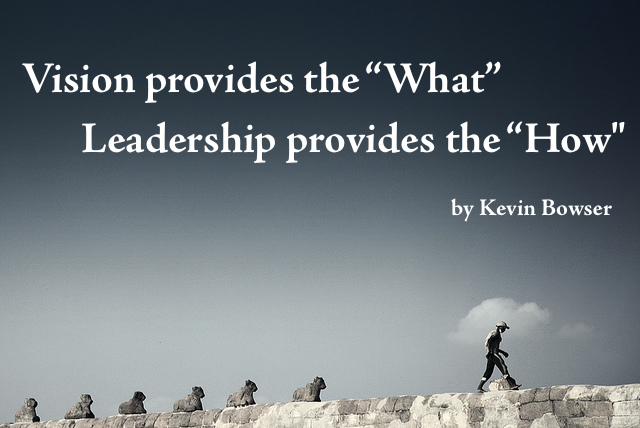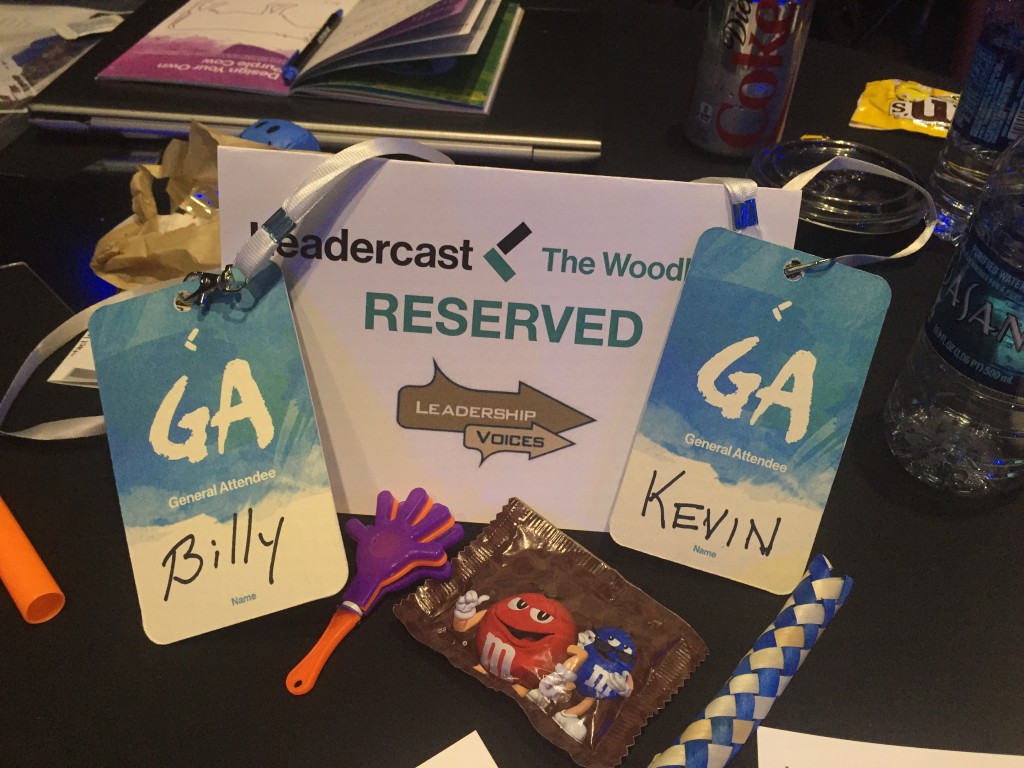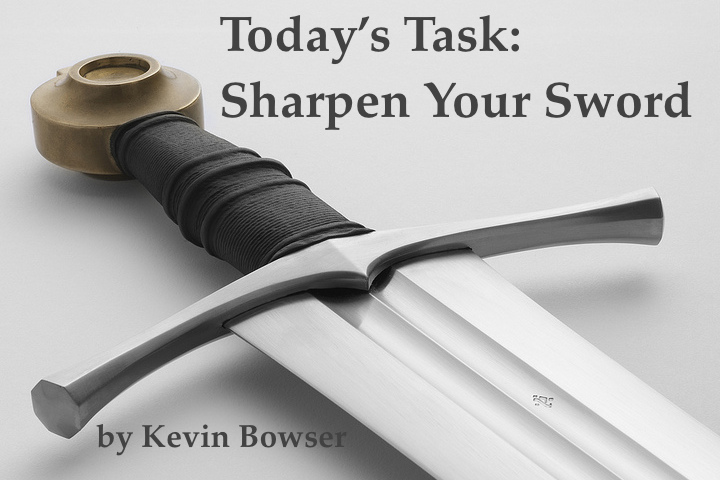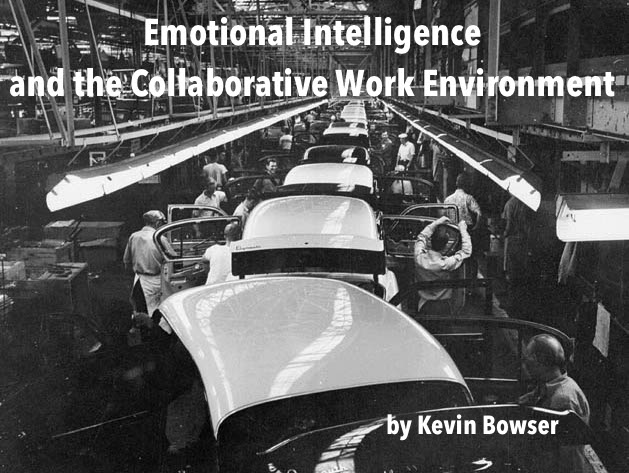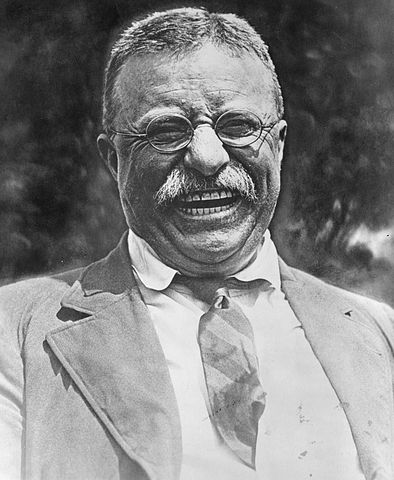My personal journey toward understanding leadership began many years ago. It began in a medium-sized church in Marietta, Georgia in 1983.
Prior to that point I had been an observer. And I had observed some incredible leaders. I would put my own father in that category. His leadership in many areas are an inspiration to me to this very day. But I have observed many different leaders in these past 32 years. I learned as much as I could from men like Bill Searcy, an entrepreneur and small business owner in the Atlanta metropolitan area. He owned a Firestone auto repair shop. I owned a piece of junk Chevy Celebrity that went through 4 sets of brakes in 2 and a half years. It was a “lemon” and I didn’t realize it. We were destined to spend time together. He taught me more about leadership than just about any one else early in my leadership journey. I owe him a great debt of gratitude.
That kind of observation over the years has shown to me that there are two distinct skill sets that are identifiable among those who would consider themselves to be leaders. There are those that “see” what needs to happen. And there are those who “make” it happen. My observation is that it is actually “vision” that provides the “what” or the goal and objective. But it is “leadership” that provides the “how” and the plan to execute the vision that has been laid out.
Let’s consider for a moment those two skill sets:
Click here to read the rest of the article »

